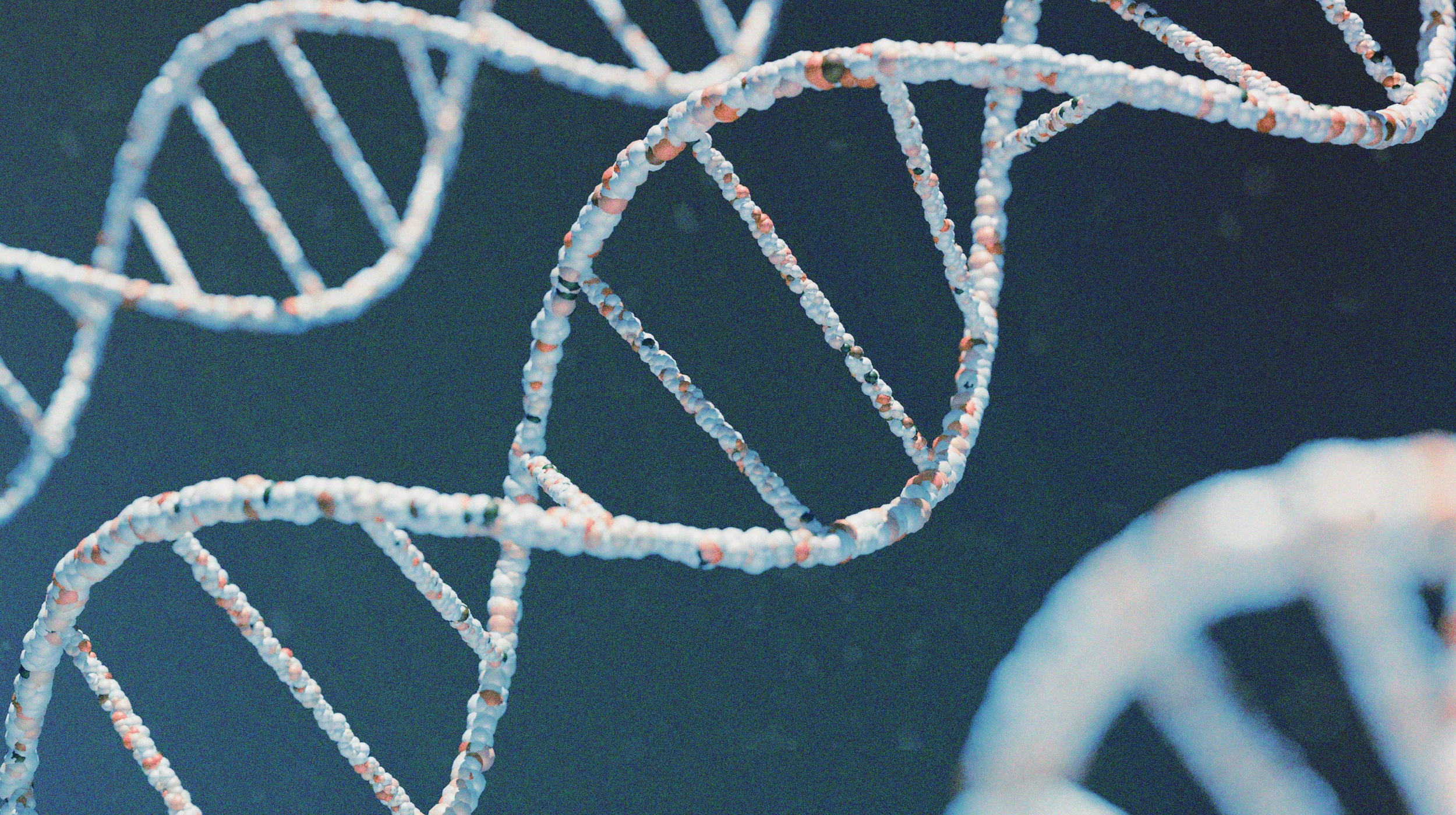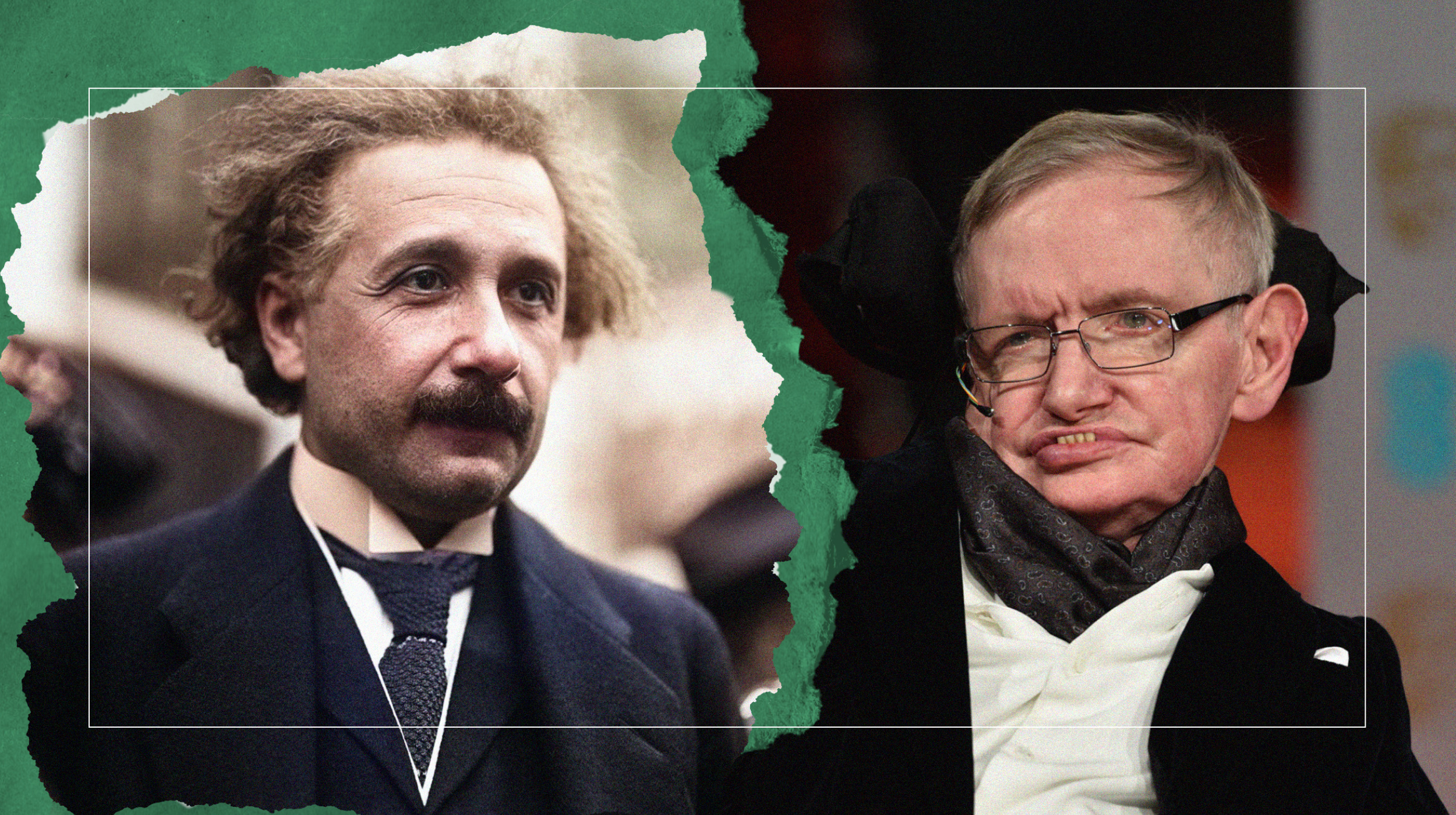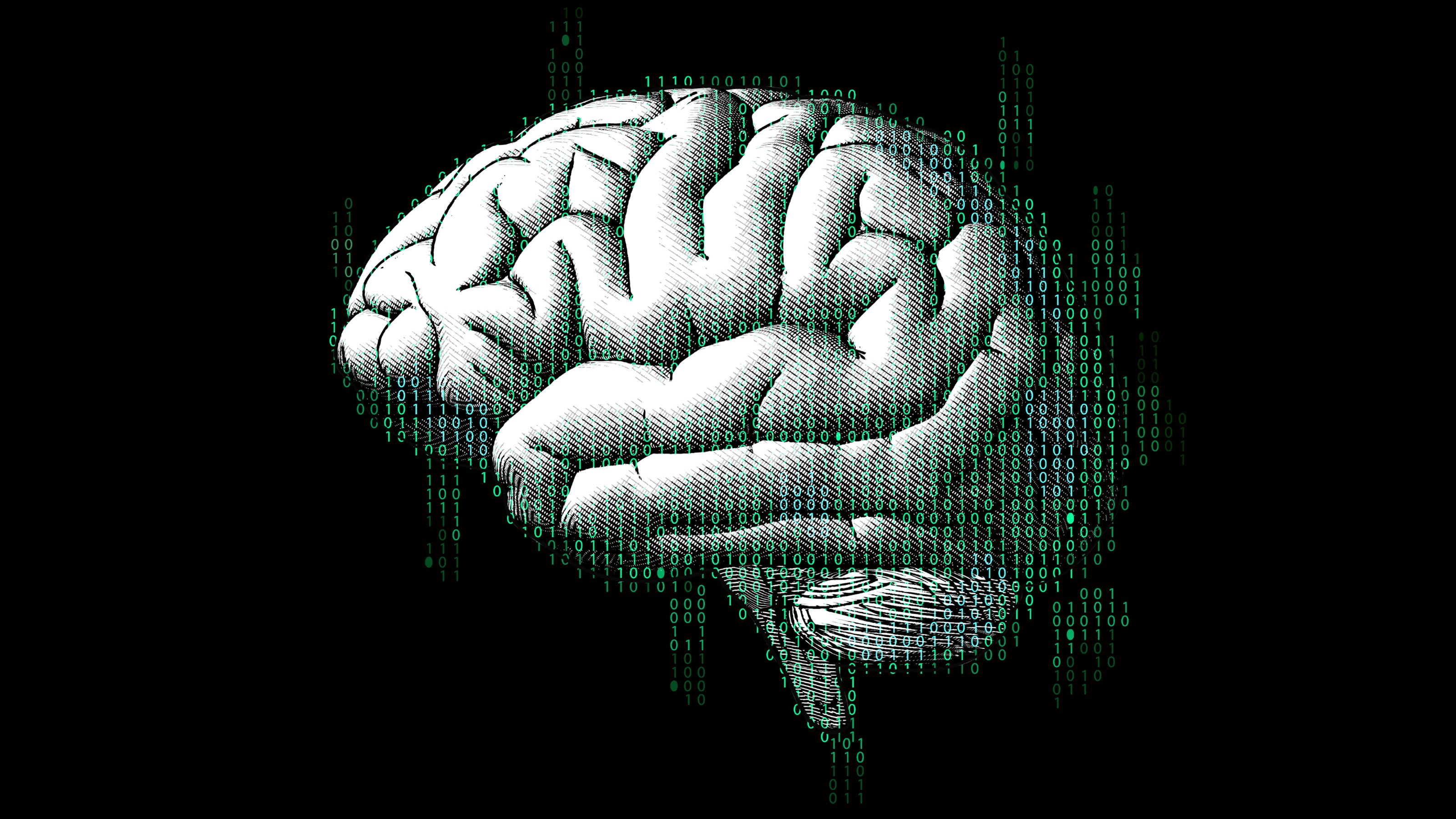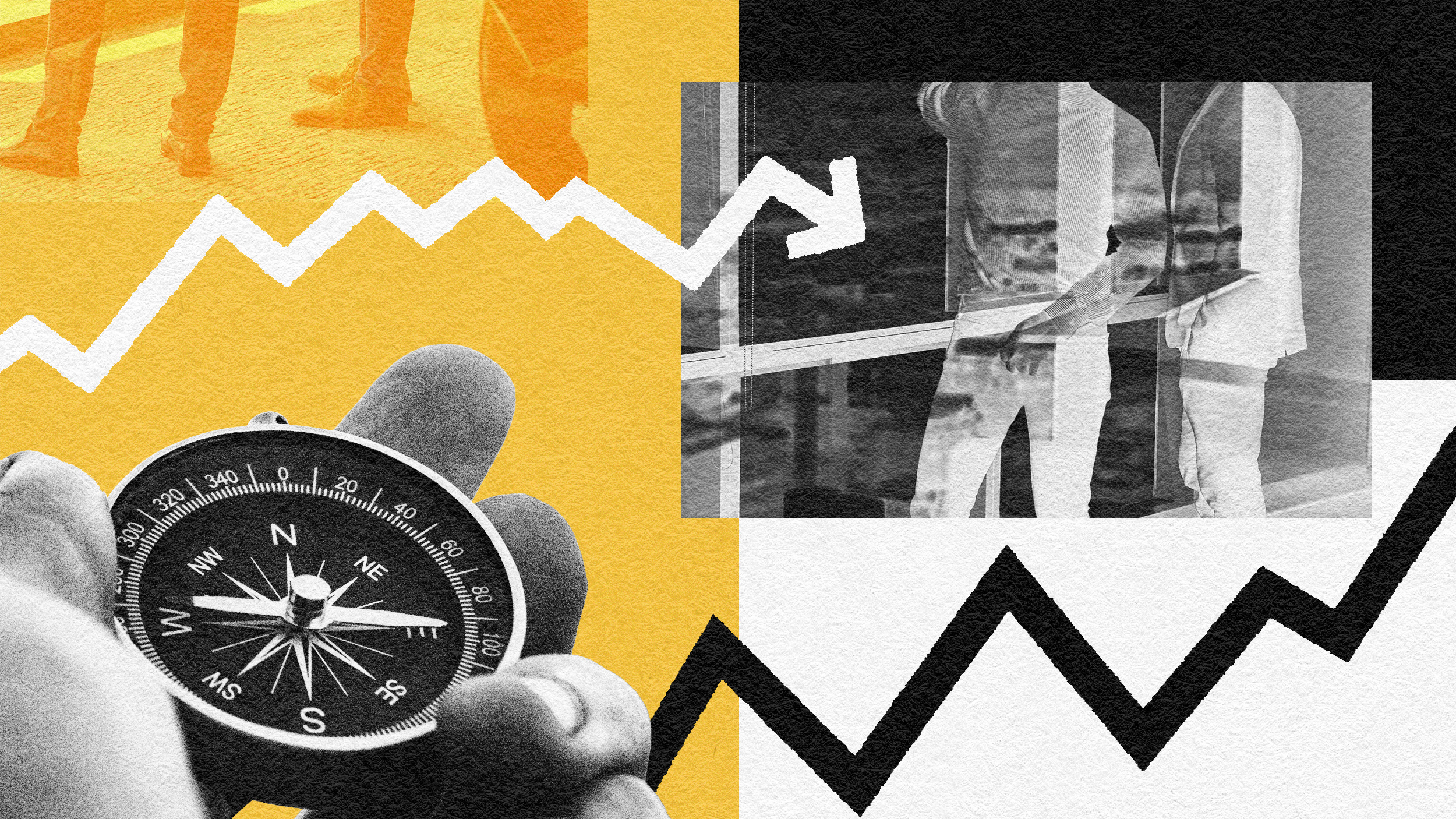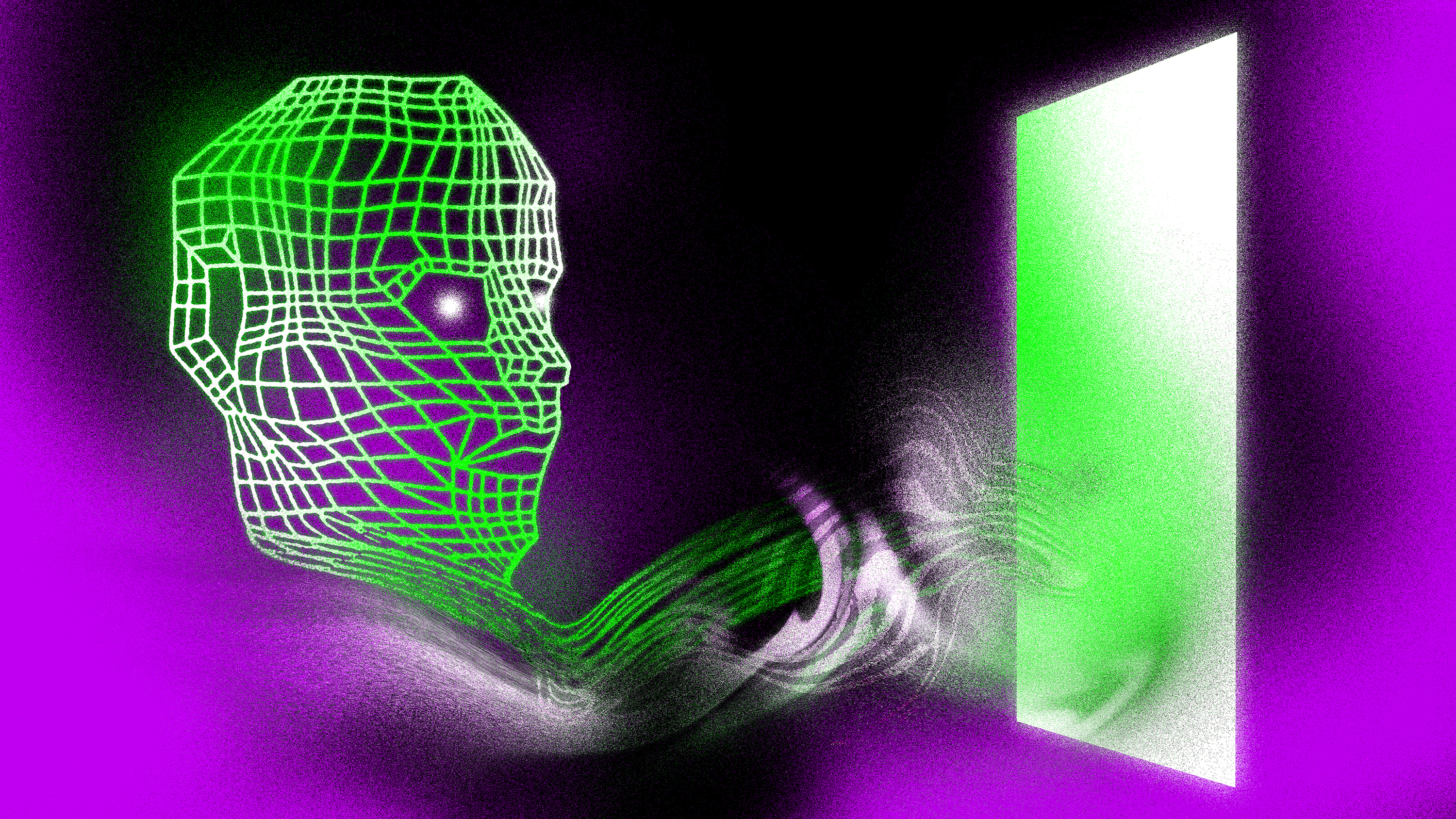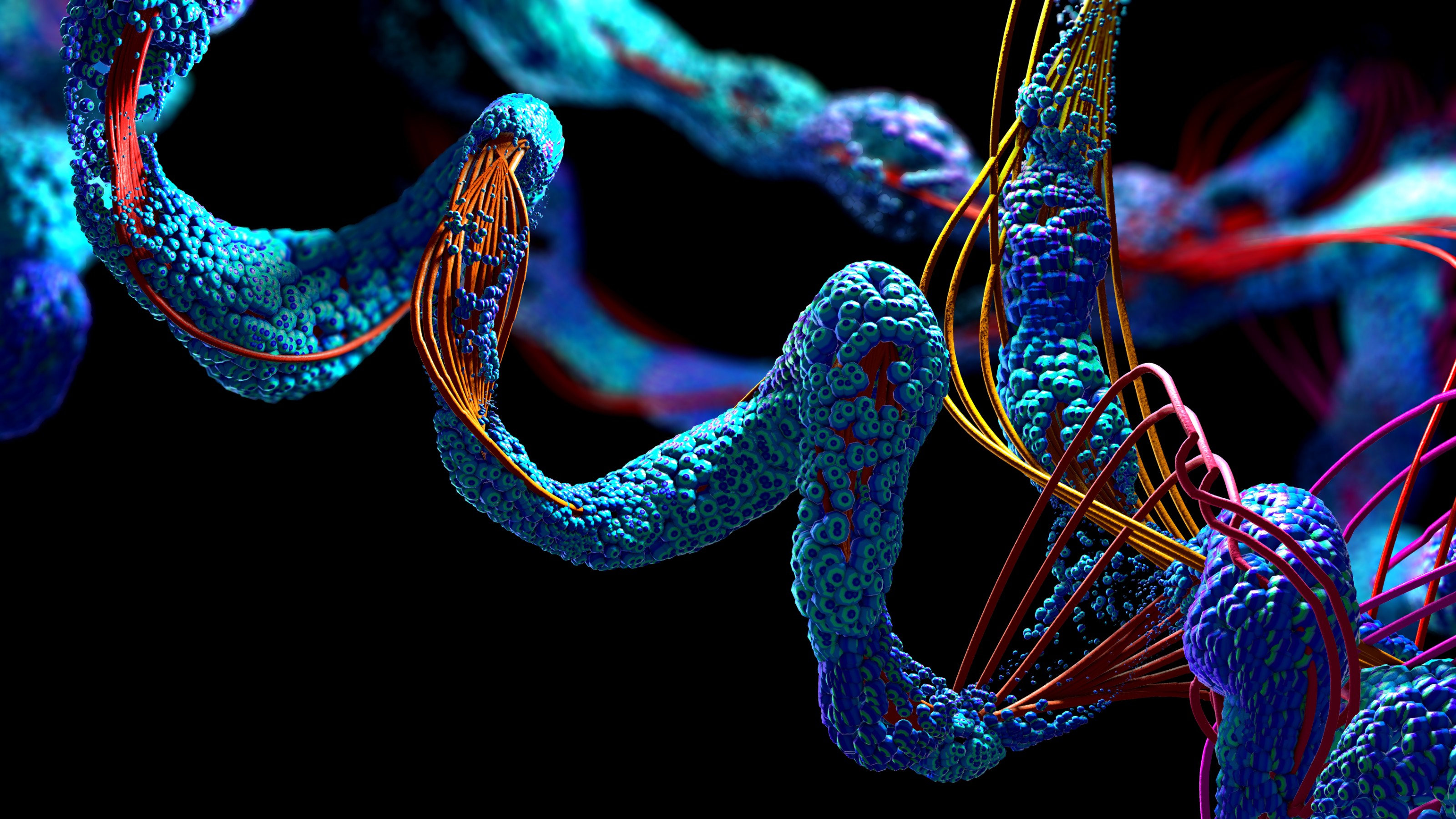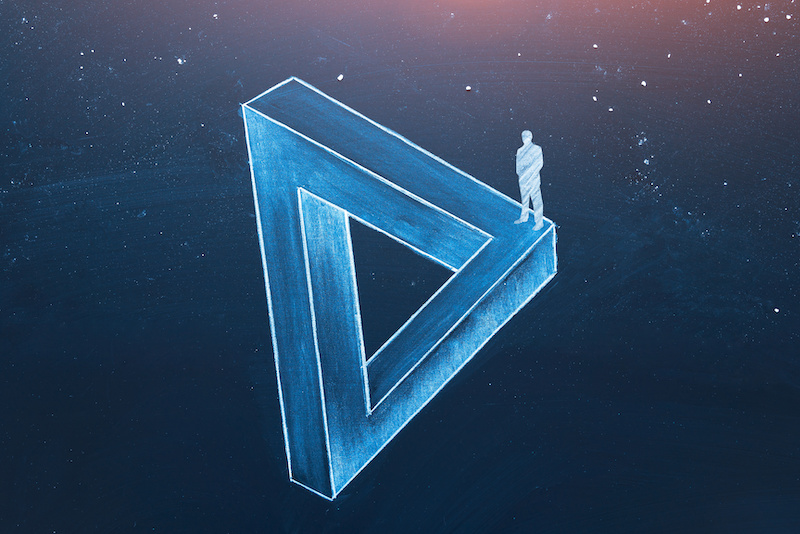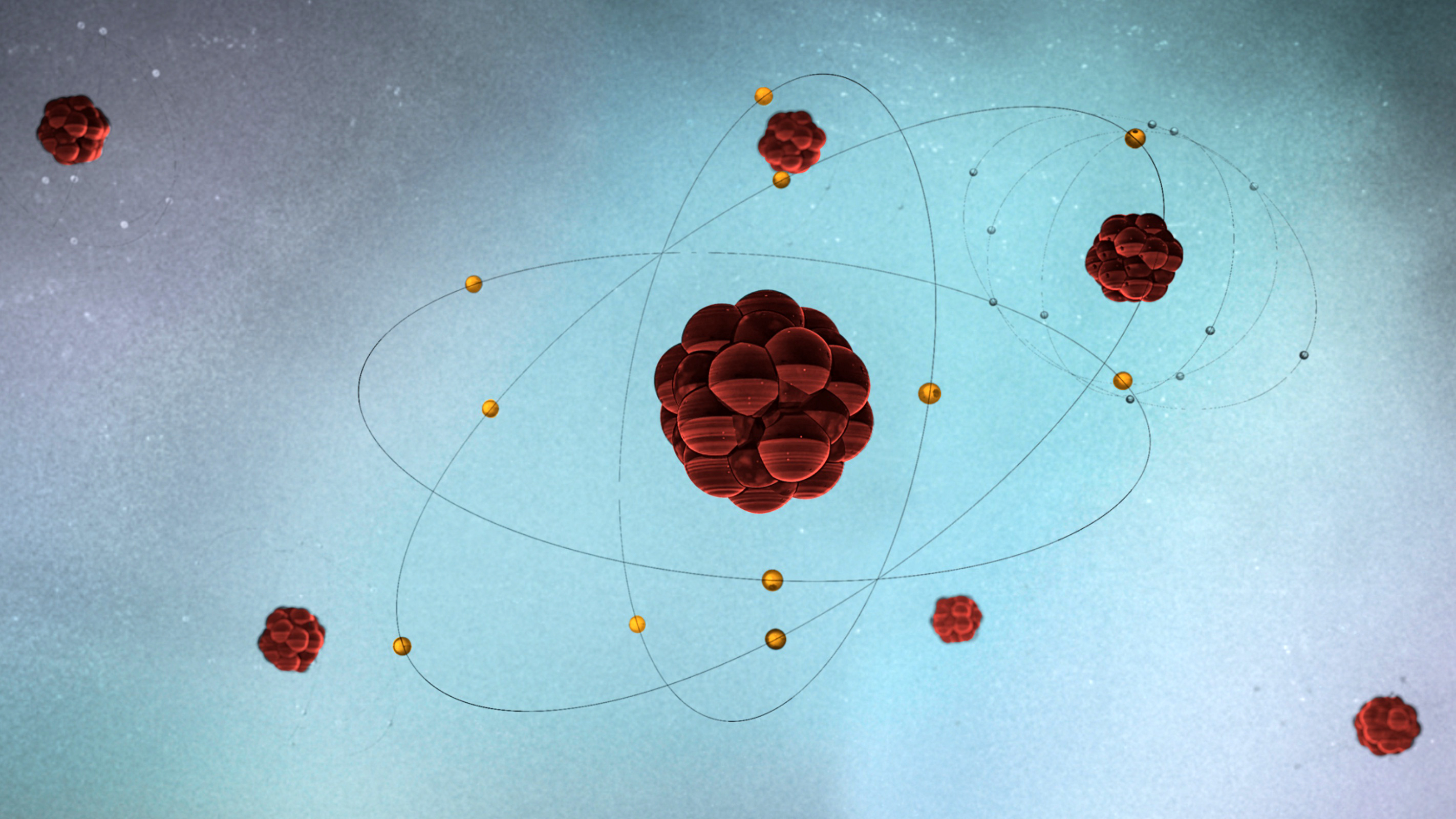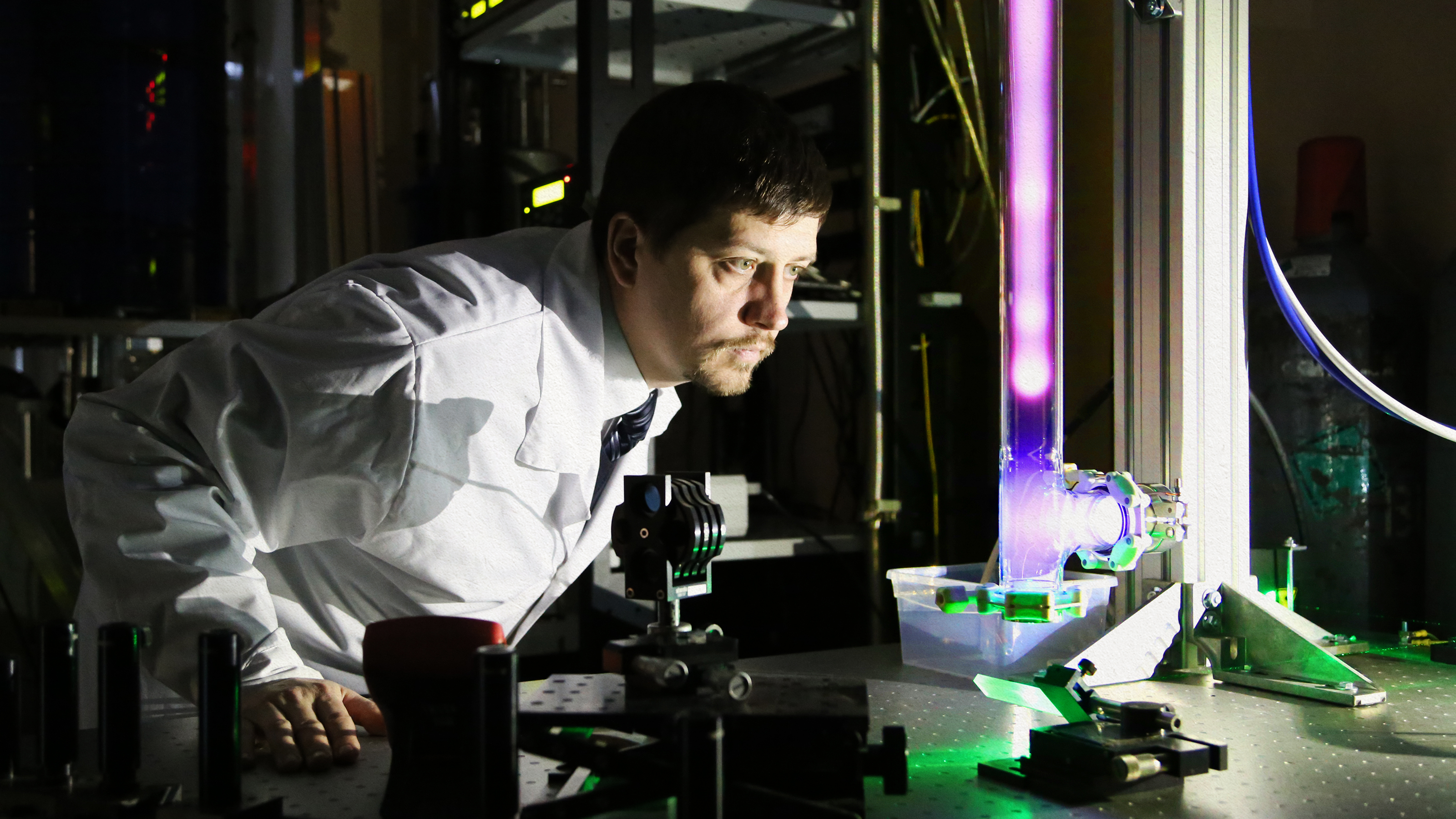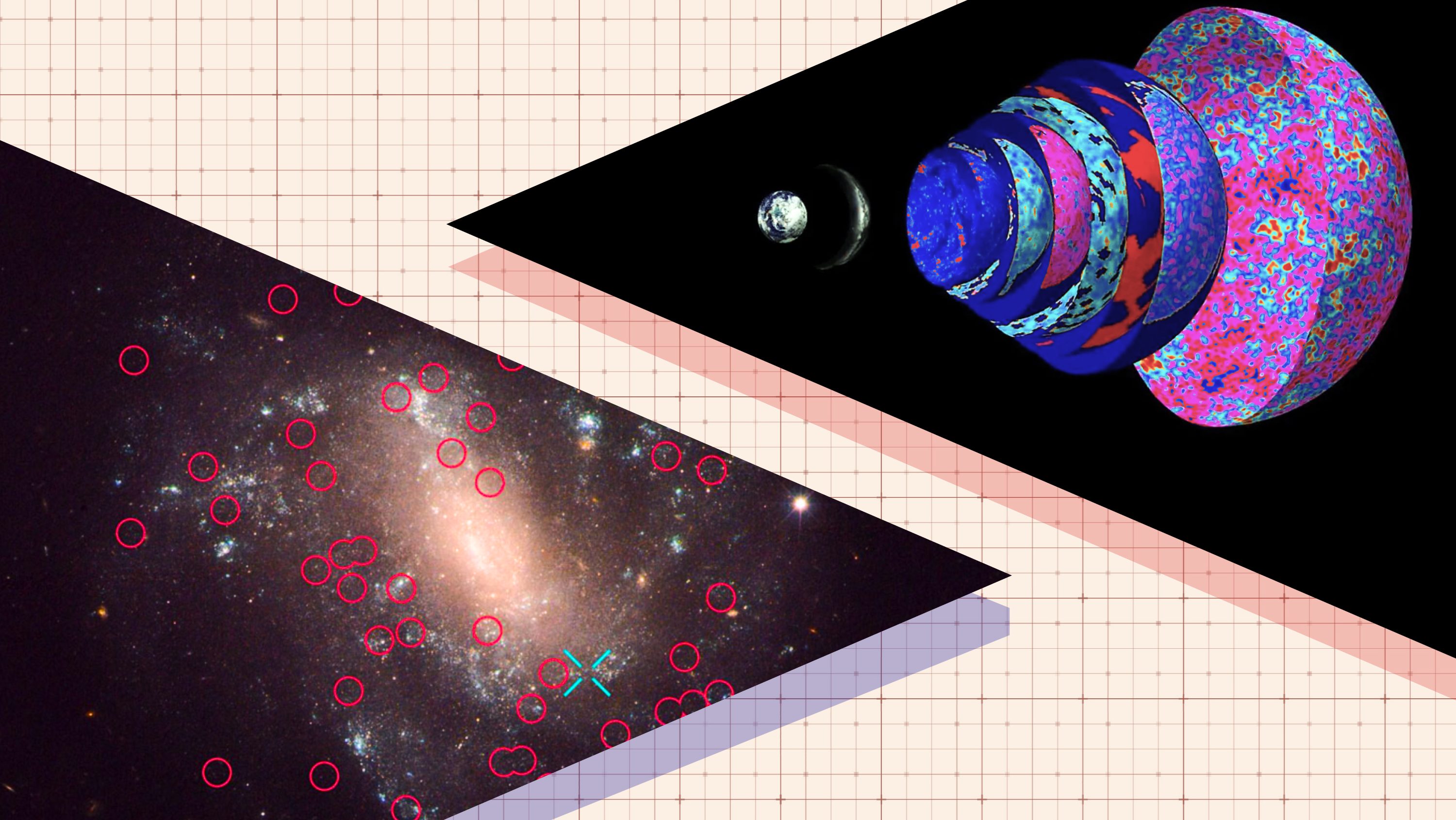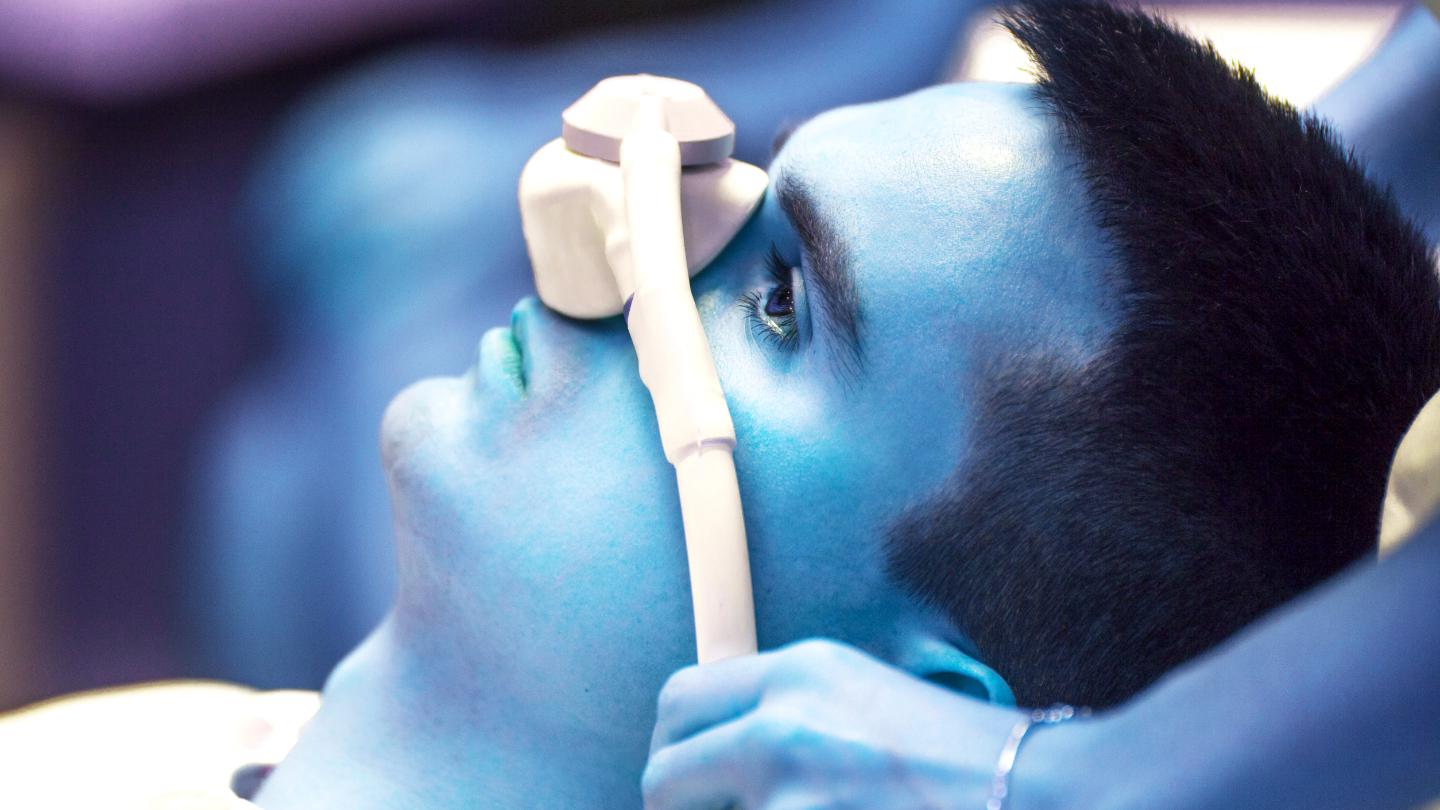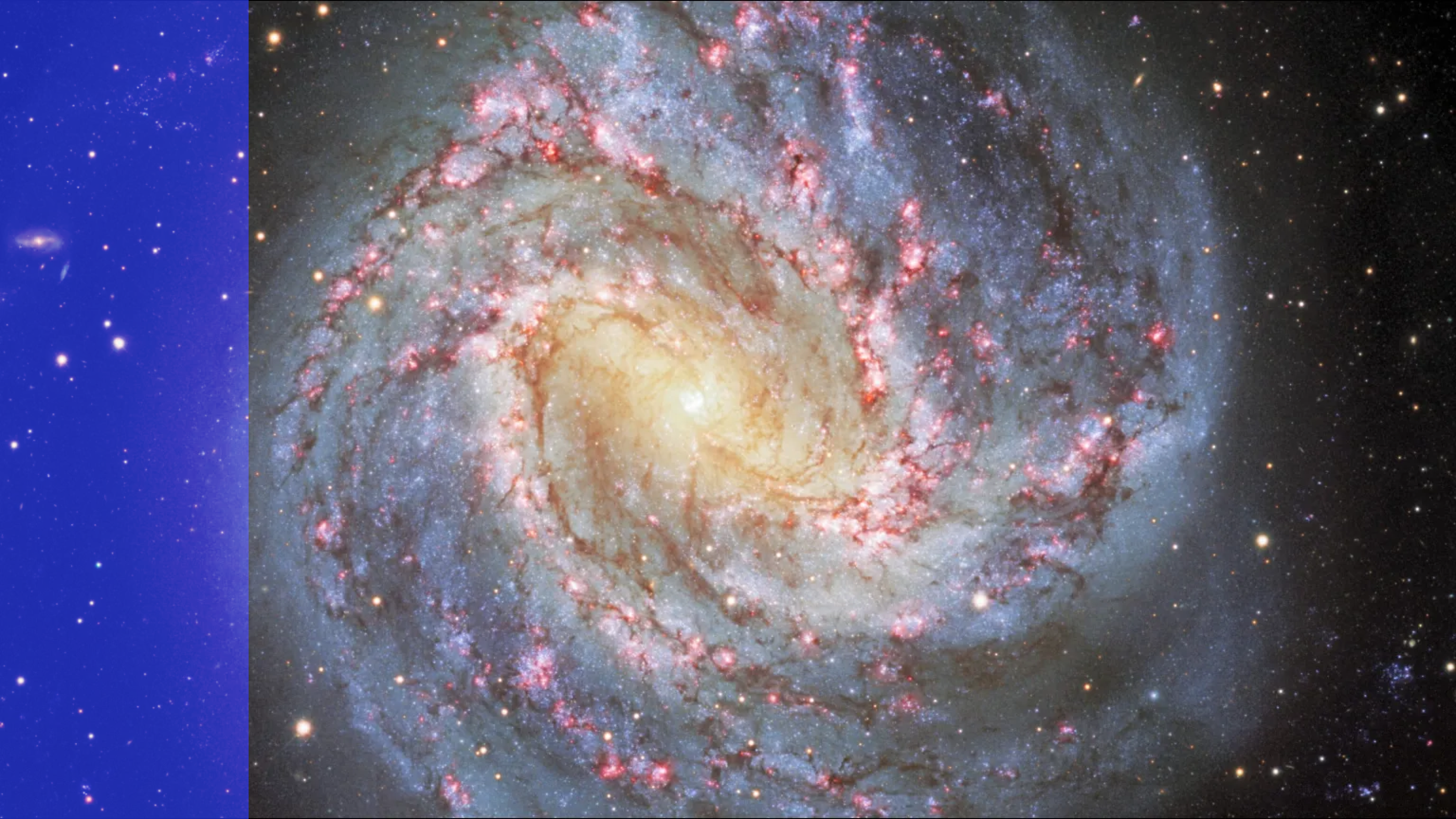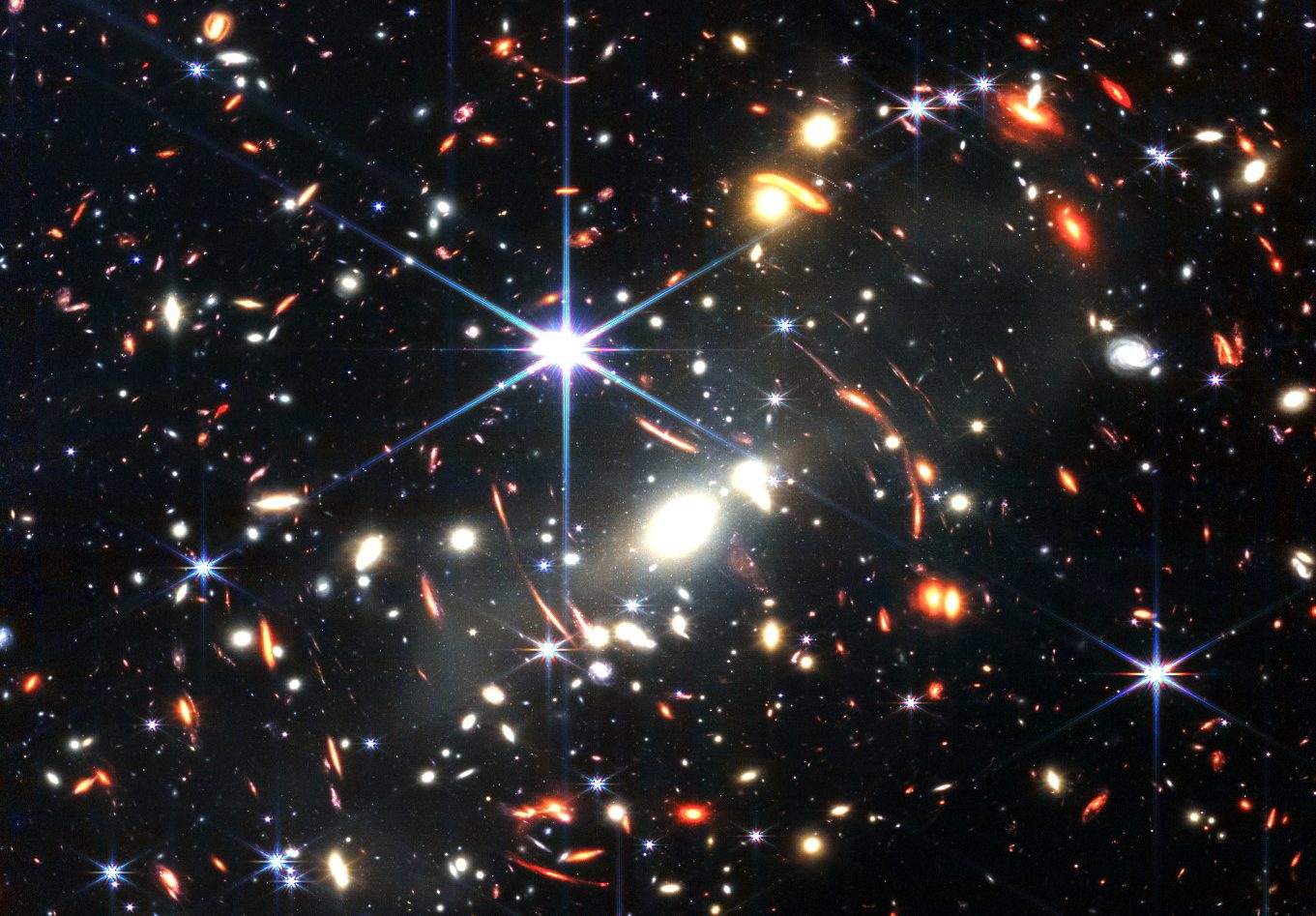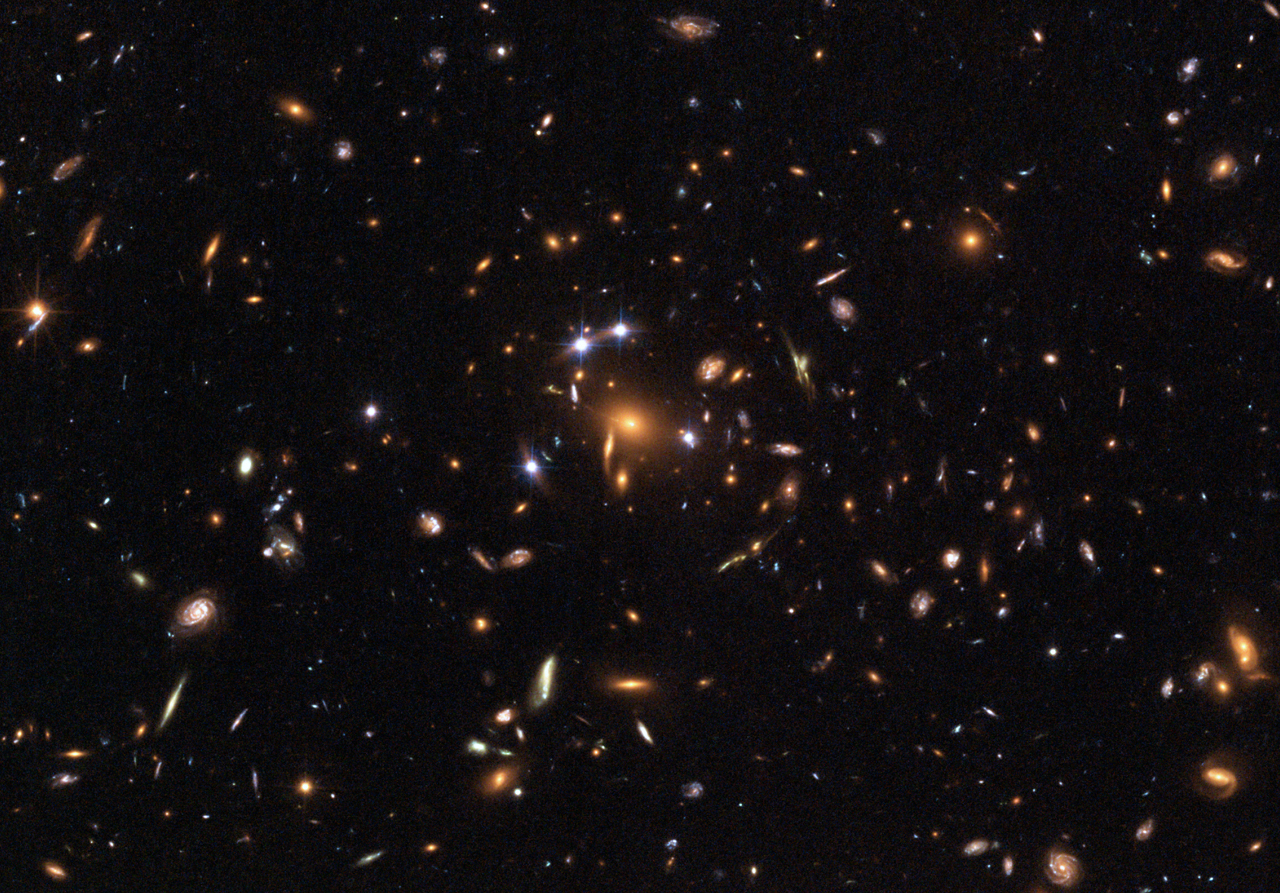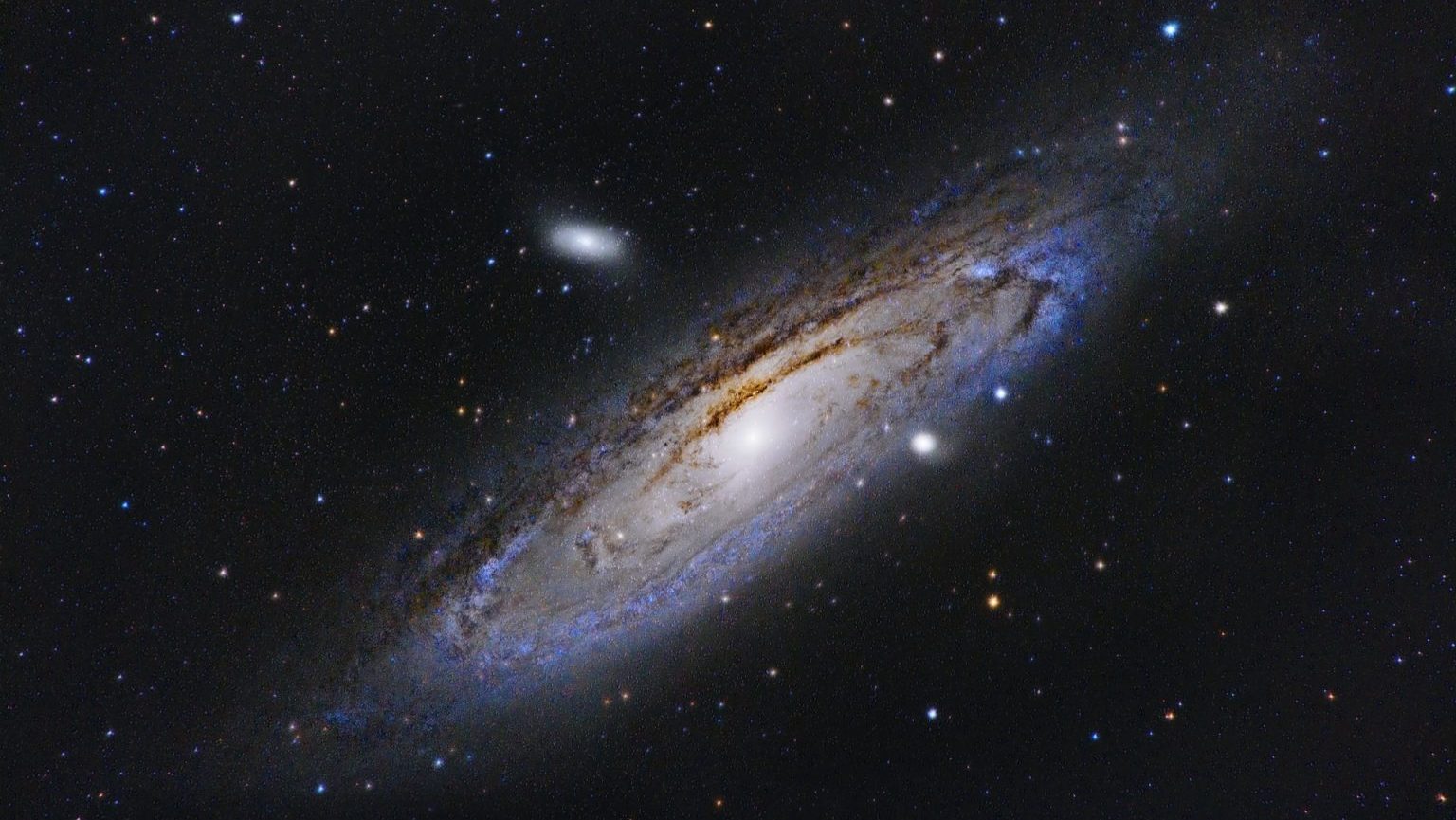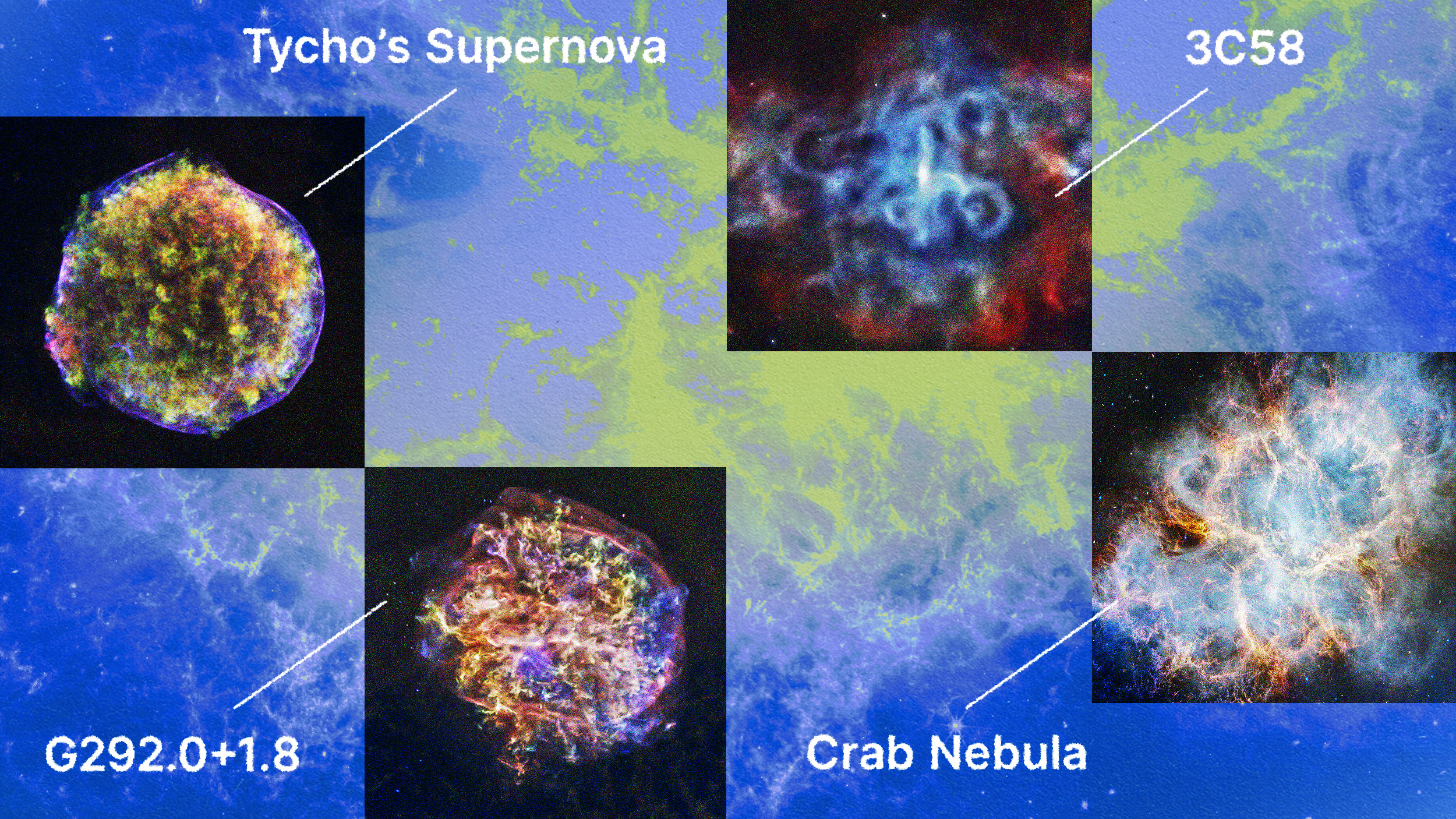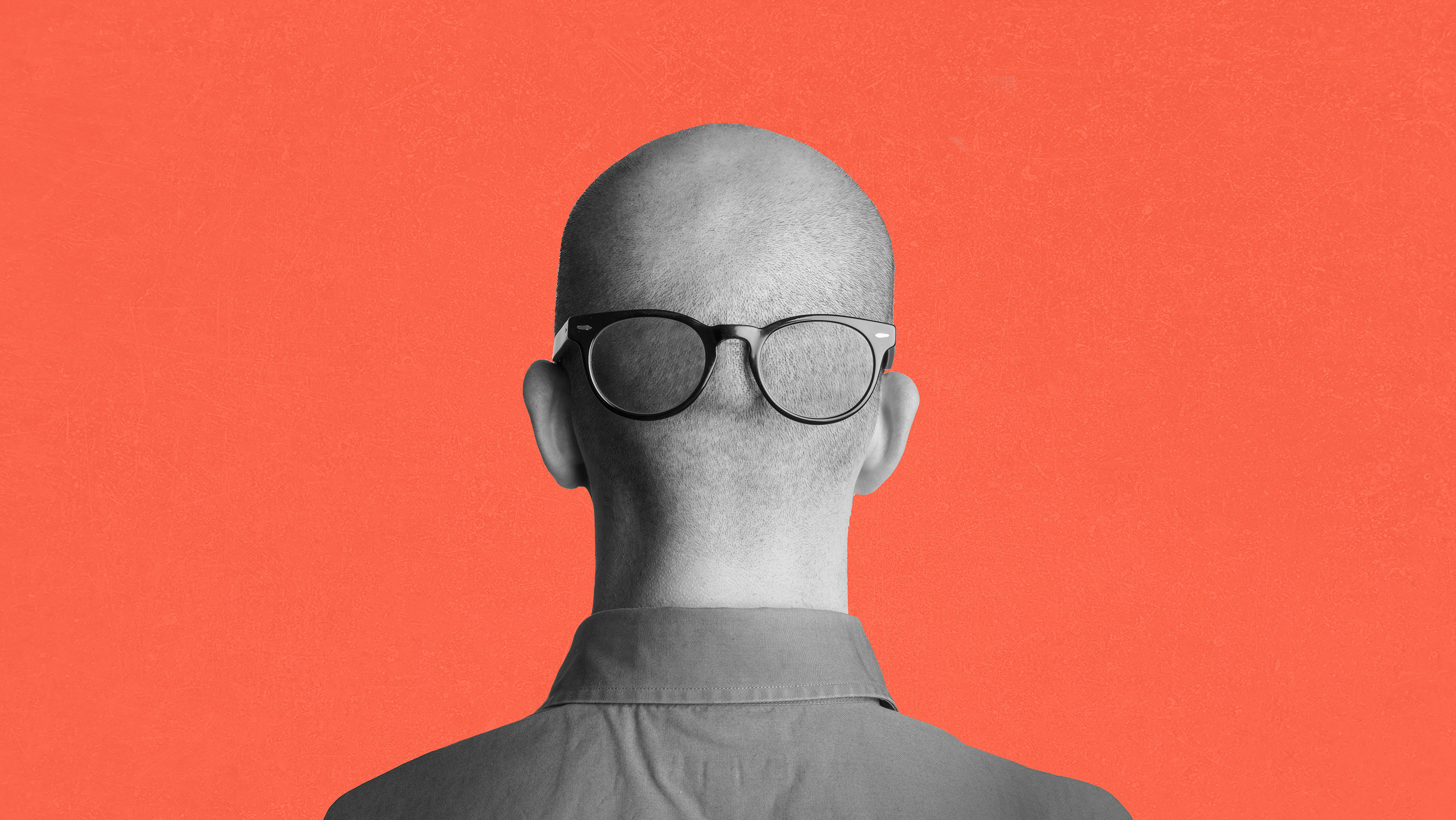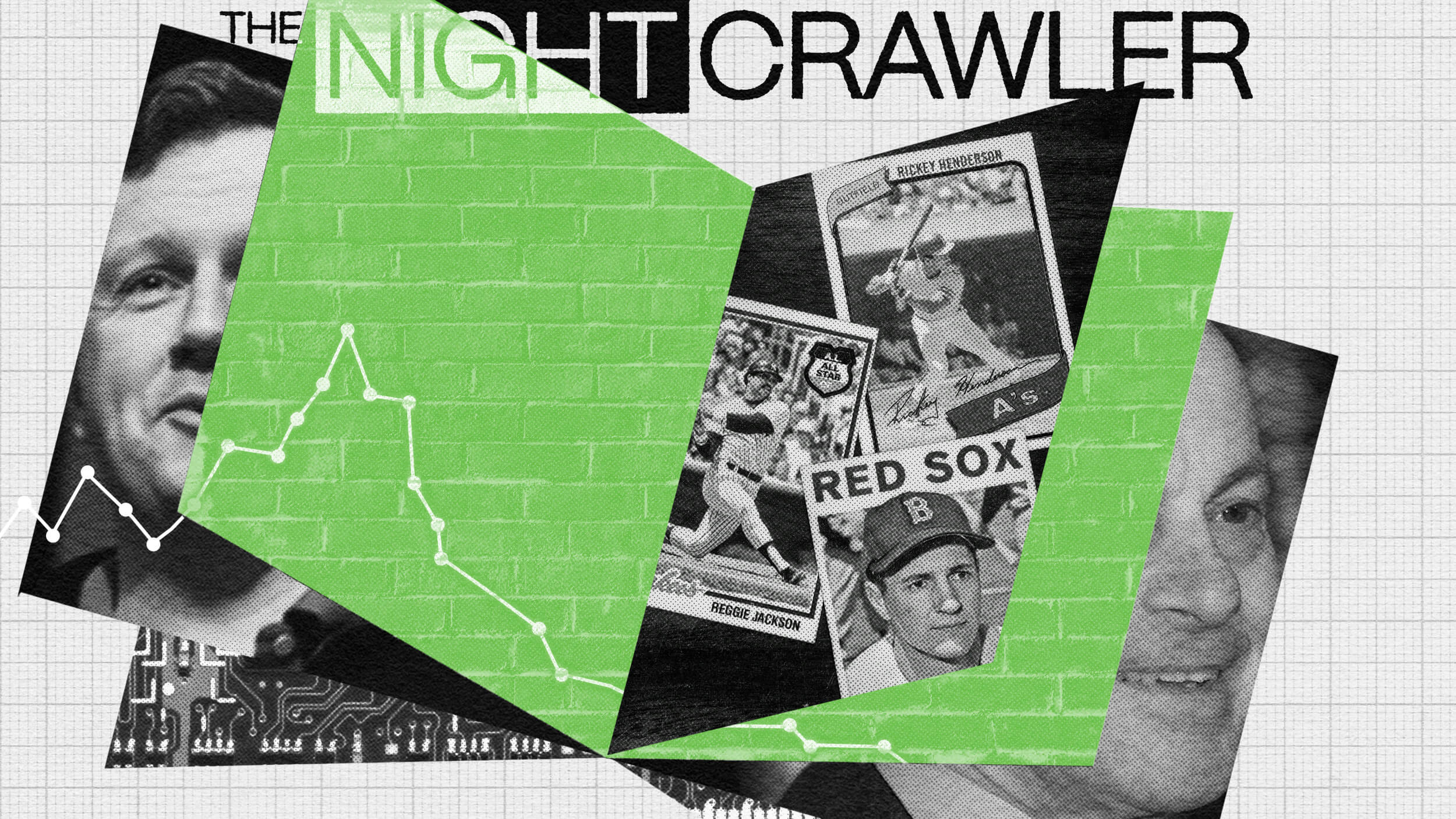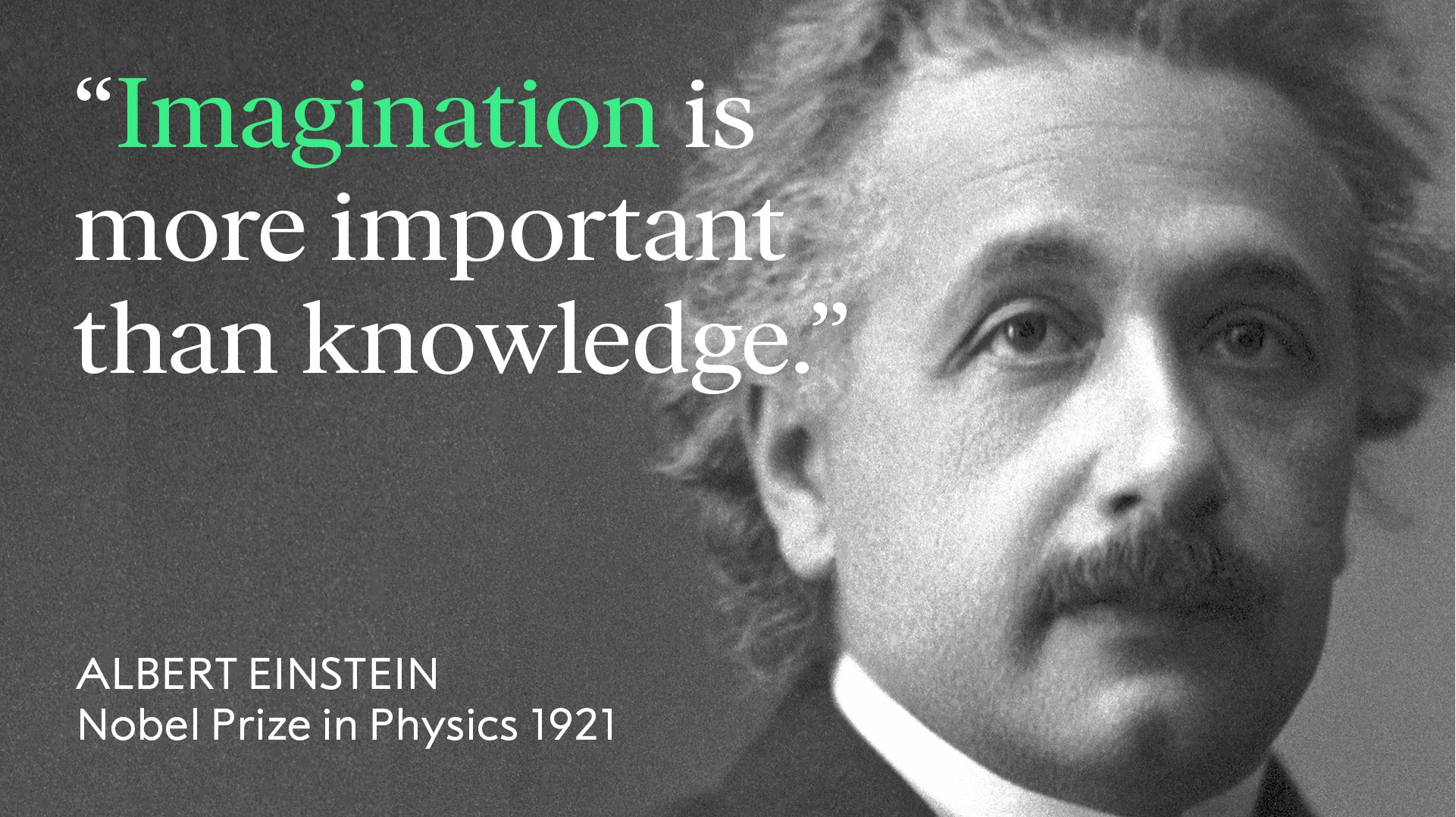An interview with CRISPR co-discoverer and Nobel Prize-winner Dr. Jennifer Doudna.
Search Results
You searched for: Big Think
Join New York Times best-selling author Maria Konnikova as she leads this special edition of Big Think Live.
▸
with
You’ve heard of Stephen Hawking. Ever heard of Renata Kallosh? Didn’t think so.
Science and the humanities have been antagonistic for too long. Many of the big questions of our time require them to work closer than ever.
Automation technologies manufacture goods or provide labor with minimal human intervention. They can trace their origins as far back as the 16th century—and arguably further—but didn’t take off until the […]
Surely they can’t be worse…can they?
What worked before won’t necessarily work this time — and the best leaders will adapt.
Large language models are an impressive advance in AI, but we are far away from achieving human-level capabilities.
To enable us to read, the brain piggybacks on other cognitive processes.
In the early 20th century, a young biochemist named Alexander Oparin set out to connect “the world of the living” to “the world of the dead.”
Our social instincts can lead us to adopt models of desire that might not serve our interests.
Its implications go well beyond the Earth itself, affecting even the future of space travel.
The familiar terrain of solids, liquids, and gases gives way to the exotic realms of plasmas and degenerate matter.
The road to intelligent life is a series of hard steps.
There are two methods to measure the expansion rate of the Universe. The results do not agree with each other, and this is a big problem.
It’s not a gambit. It’s not fraud. It’s not driven by opinion, prejudice, or bias. It’s not unchallengeable. And it’s more than facts alone.
Problem-solving skills are in demand. Every job posting lists them under must-have qualifications, and every job candidate claims to possess them, par excellence. Young entrepreneurs make solutions to social and […]
The danger posed by conversational AI isn’t that it can say weird or dark things; it’s personalized manipulation for nefarious purposes.
Laughing gas may be far more effective for some than antidepressants.
If you see a political movement embodying all of these traits, watch out.
Our own galaxy, the Milky Way, is both completely normal and absolutely remarkable in a number of ways. Here’s the story of our cosmic home.
No. No no no. Just… no. The JWST has truly blown our scientific minds, but it’s a pure crackpot idea that the Big Bang is now disproven.
Bring not a bagpipe to a man in trouble.
Over time, the Universe becomes less dominated by dark matter and more dominated by dark energy. Is one transforming into the other?
Physicists have yet to pinpoint the hypothetical matter that keeps galaxies from flying apart. Now they have a new focus.
The first stars took tens or even hundreds of millions of years to form, and then died in the cosmic blink of an eye. Here’s how.
There’s still hope for implicit bias training, research shows.
Welcome to The Nightcrawler — a weekly newsletter from Eric Markowitz covering tech, innovation, and long-term thinking.
“Imagination is more important than knowledge” is often taken to mean that your conceptions outweigh what’s real. That’s not what he said.
Hindsight can cloud our predictive abilities but big data can de-mist forecasting — now AI is sharpening that focus.
